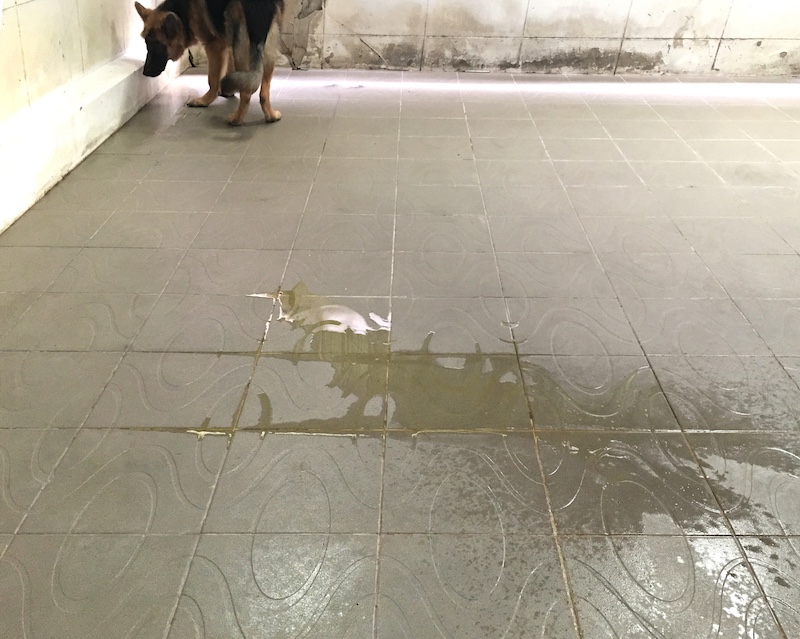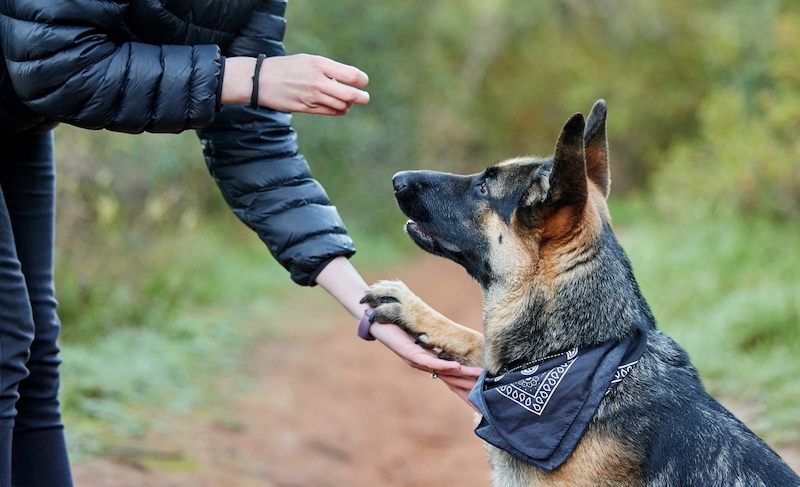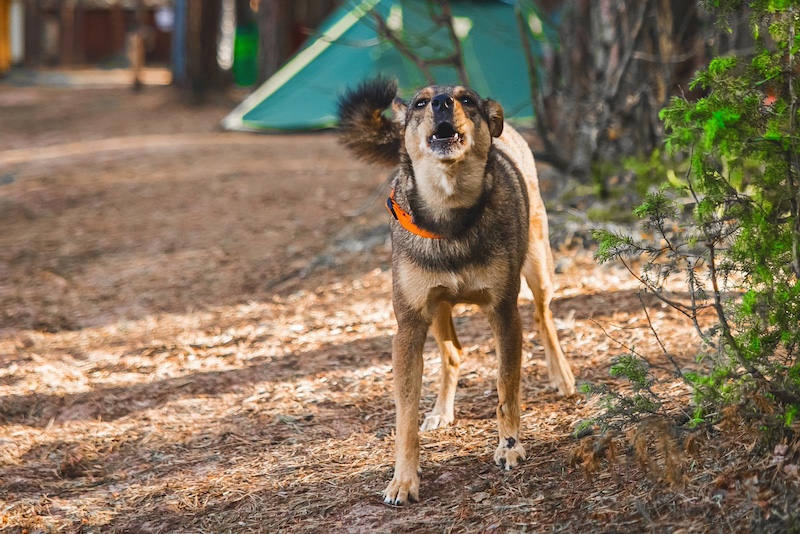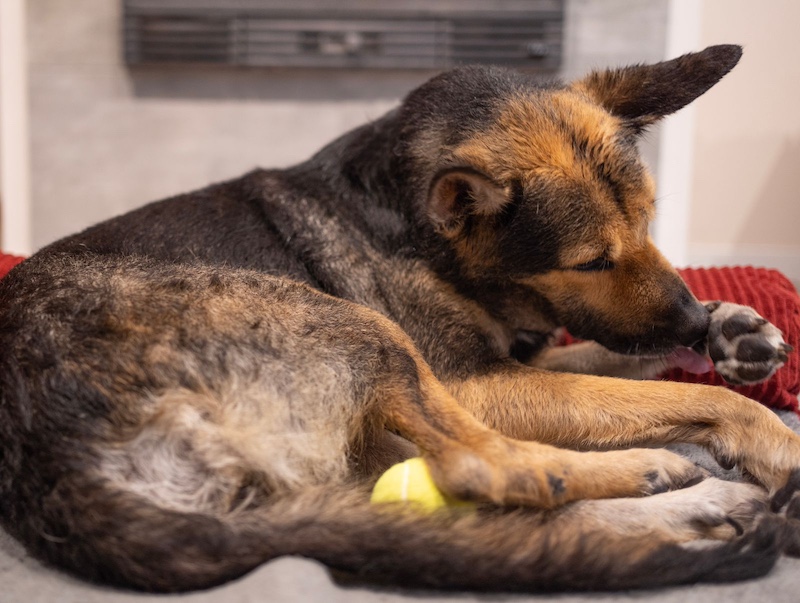Doggy dementia, also known as Canine Cognitive Dysfunction (CCD), is a condition in older dogs that shares similarities with Alzheimer’s in humans. Just like people, dogs can experience a decline in cognitive function as they age. Early detection is crucial to improving your dog’s quality of life, so it’s important to be aware of the potential signs. Here are 10 possible indicators that your dog may be suffering from dementia.
1. Disorientation or Confusion

One of the most common signs of doggy dementia is disorientation. Dogs with CCD may get lost in familiar places, like around the house or yard. They might seem confused about where they are, even in a room they’ve spent years in. If your dog frequently stands in corners, faces walls, or appears unsure of how to navigate the home, this could be a sign of dementia.
2. Changes in Sleep Patterns

Another sign of dementia is a change in your dog’s sleep habits. Dogs with cognitive dysfunction may have difficulty settling down at night, pacing or being restless when they would typically be sleeping. They might sleep during the day and stay awake at night, leading to disruption in their natural rhythm and restlessness.
3. Increased Anxiety or Restlessness

Many dogs with dementia begin to display signs of anxiety or become restless, especially in situations that previously did not bother them. They may seem constantly agitated or start pacing for long periods. This behavior can often stem from confusion or memory loss, leading to feelings of fear or uncertainty.
4. Loss of Interest in Social Interaction

A once sociable dog who now avoids human interaction or has little interest in playing with other pets may be showing signs of cognitive decline. Dementia can lead to changes in mood, causing dogs to withdraw from the people and activities they once loved.
5. Changes in House-Training

If a dog that has been house-trained for years suddenly begins having accidents inside, this may be a sign of dementia. Dogs with cognitive dysfunction may forget their house-training or struggle to remember where the designated areas are for relieving themselves.
6. Decreased Responsiveness to Commands

As cognitive function declines, dogs may have difficulty remembering basic commands or recognizing familiar cues. If your dog starts ignoring commands they’ve known for years, it could be a sign that their memory is deteriorating.
7. Changes in Appetite

A noticeable change in eating habits, such as a loss of interest in food or excessive eating, can sometimes indicate dementia. Dogs with CCD may forget mealtime routines or feel disoriented when it comes to finding their food or water bowls.
8. Reduced Activity or Interest in Exercise

Dogs with dementia may become lethargic or disinterested in exercise. Activities that once excited them, like walks or playing fetch, might now be ignored. A decrease in activity level, combined with other signs, could point to cognitive decline.
9. Increased Vocalization

A sudden increase in barking, whining, or howling without any apparent reason is another sign of dementia. Dogs may vocalize more due to confusion, anxiety, or disorientation. These behaviors can often occur at night, further disrupting sleep patterns.
10. Repetitive Behaviors

Dogs suffering from dementia may develop repetitive behaviors like circling, pacing, or licking. These actions are often signs that the dog is feeling disoriented or anxious. If your dog seems to be stuck in a pattern of repetitive motions, it could be a sign of cognitive dysfunction. Please Note: This content was created with the assistance of AI and thoroughly edited by a human before publishing.

